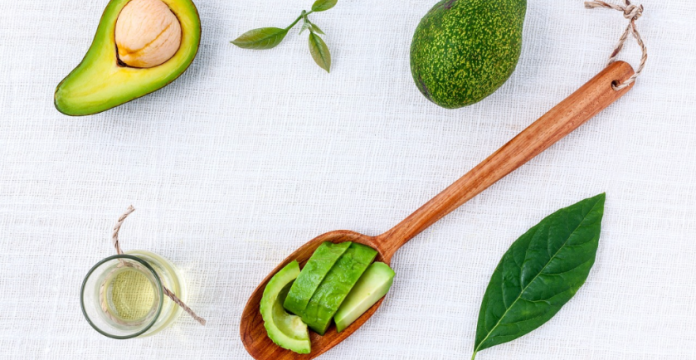
While we think being healthy is a lifestyle and not a fad, there are always trends within the health and wellness communities that change from year to year. From supplements to float therapy to the best cooking oil, there's something on this year's list for everyone. The following nine things look to be big in 2017!
Magnesium. Magnesium is primed to be the "It" supplement of the year, and it's no wonder: Up to 75% of Americans are deficient in this important mineral. Magnesium is involved in over 350 enzyme systems, and can affect everything from diabetes to stress and headaches, and it's vital to processes such as bone formation and hydration. [Editor's note: We recommend a high-quality magnesium supplement, like those from our partner Natural Vitality.]
Magnificent mushrooms. Mushrooms have been valued both as food and medicine for thousands of years all over the world. Mushrooms like Reishi are the oldest known mushrooms, valued for their anti-oxident, antibacterial, and anti-viral properties. Chaga mushrooms are known for supporting the immune system, digestive tract, and lowering blood pressure and cholesterol. Available in powdered form, you can take medicinal mushrooms in a capsule or even add them to your coffee.
Avocado oil. While everyone knows (and loves) versatile coconut oil, avocado oil is going to be on the rise in 2017. It's a great oil for cooking because of its high smoke point (unlike olive oil, which shouldn't be used in high heat because of its low smoke point). The oil is nutrient dense and full of essential fatty acids. This light-tasting oil is great for salad dressings or dips, and can even be used to restore moisture to hair and skin.
Hydrotherapy. Also known as floating therapy or sensory-deprivation tanks, hydrotherapy is the new thing in stress relief. The dark, noiseless floatation tanks allow you to completely relax in body-temperature water dissolved with enough Epsom salts to float effortlessly. Often used in athletic rehabilitation, floating has been shown to help with pain management, blood circulation, immune system support, and magnesium absorption
Nutritional Yeast. Nutritional yeast, or "nooch" as its known to enthusiasts, is a staple in many vegan and vegetarian kitchens. The slightly orange flakes add a cheesy, savory flavor to everything from dairy-free sauces to stovetop popcorn. It's a vegetarian source of vitamin B12, supports the immune system, improves digestive function, is high in protein, folic acid, and fiber, and is gluten free. Try sprinkling some on your popcorn next movie night!
Powerhouse Pasta. Gone are the starchy carbs of Nonna's comforting dishes – pasta gets a healthy upgrade in 2017. Some popular gluten-free options are brown rice pasta, noodles made from legumes (lentils and chickpeas) and protein-packed grains like quinoa. Konjac noodles are made from the root of the konjac plant, and are rich in dietary fiber as well as gluten and sugar-free. Proponents claim it can also lower cholesterol, blood sugar, and help manage weight. Spaghetti squash and spiralized veggies like zucchini are popular plant-based pasta alternatives.
Try this konjac pasta mushroom bolognese recipe
Collagen. Collagen is primed to be 2017's natural beauty secret. Found in our skin, bones, and connective tissue, it provides structural support, strength, and elasticity. That elasticity is what keeps our skin firm, plump, and wrinkle-free. The molecules are too big to be absorbed through creams, so expect to hear a lot about collagen supplements and inside-out beauty. [Editor's note: We recommend a high quality collagen supplement from our partner Neocell.]
Read more about collagen and your skin
Ketogenic and Flexitarian Diets. The two diets gaining the most traction for the upcoming year are ketogenic and flexitarian. The first, ketogenic, is a low-carb high-fat diet that puts your body into ketosis. That means it burns fat instead of carbohydrates for energy. While also promoting weight loss, many followers claim it can reverse disease. It's recommended to consult a doctor before embarking on a ketogenic diet.
Flexitarianism is a much less strict way of eating. Flextitarians eat a mostly vegetarian diet with the occasional meat or fish – like the reverse of Meatless Mondays. Plant-based nutrition is gaining popularity, with studies showing vegetarianism can lead to weight loss and lower your risk of high blood pressure, cardiovascular disease, stroke, metabolic syndrome, diabetes, and even cancer. A flexitarian diet is a popular way to reap those benefits without cutting out meat and fish completely.










